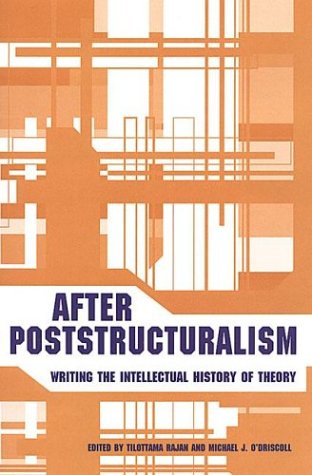

Most ebook files are in PDF format, so you can easily read them using various software such as Foxit Reader or directly on the Google Chrome browser.
Some ebook files are released by publishers in other formats such as .awz, .mobi, .epub, .fb2, etc. You may need to install specific software to read these formats on mobile/PC, such as Calibre.
Please read the tutorial at this link: https://ebookbell.com/faq
We offer FREE conversion to the popular formats you request; however, this may take some time. Therefore, right after payment, please email us, and we will try to provide the service as quickly as possible.
For some exceptional file formats or broken links (if any), please refrain from opening any disputes. Instead, email us first, and we will try to assist within a maximum of 6 hours.
EbookBell Team

4.1
40 reviewsEvery history of theory is simultaneously a theory of history. Rajan and O'Driscoll's wide-ranging volume tackles the issue of providing an intellectual history of theory, given a considerable continuity between theory and the history of ideas, and also given theory's own questioning of traditional intellectual historical models. The editors address this challenge by providing thirteen essays on a variety of theorists from Derrida to Zizek. Under the paradigms of genealogy, performativity, physiology, and technology, the essayists explore metaphors for connecting the work of theorists from different times, that are drawn from areas other than history, and that can enrich and revise our understanding of the histories of theory.
Not only do these essays reflect the impact on writing about theory - and by extension on intellectual history - in areas such as psychoanalysis, philosophy, literature, and cultural studies, but they are also an exploration of theme and situation - the writing of intellectual history after the linguistic turn and the poststructuralist critique. Written for the theory specialists, as well as intellectual historians and those in the humanities and social sciences who are concerned with critical theory, the essays represent a re-evaluation of the current state of theory, as addressed by leading scholars in the field.